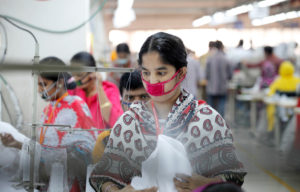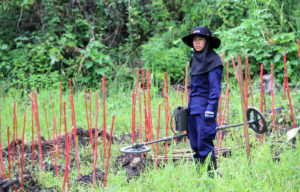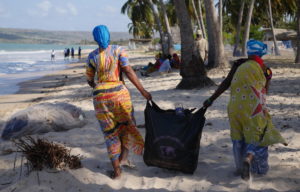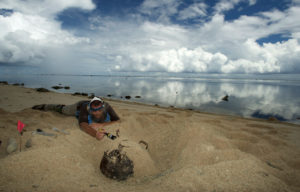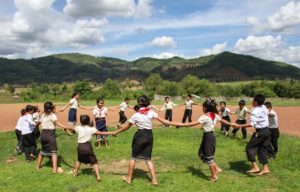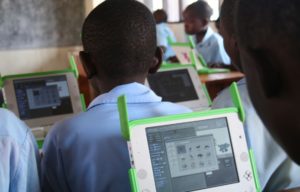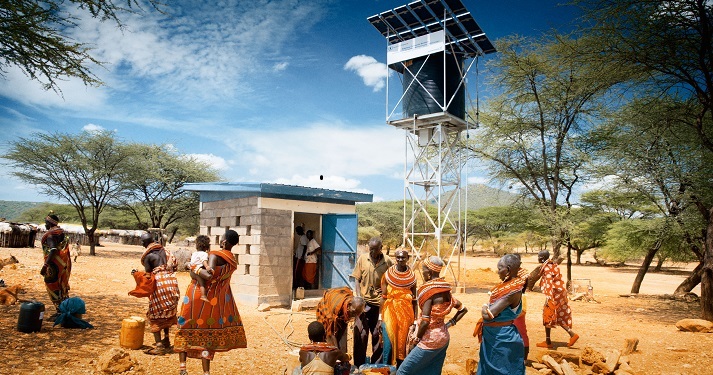
Grundfos
Danish innovation secures drinking water in Africa
Unique Danish technology is making it possible to tap drinking water in small African villages. It provides the security the local villagers need in order to make plans for the future, because the water is set to stay.
Share
Other categories
Region: Africa
Theme: Technology
The climate is changing, and this means even less rain in many parts of Africa. But this is not stopping villagers in Kenya, Uganda, Malawi and Ghana from growing tomatoes, onions and other vegetables in the parched soil. The vegetable gardens stand like an oasis in the desert, supplying the village with food, thanks to a unique, sustainable system developed by Grundfos Lifelink.
A sustainable system
“There is plenty of water underground in most areas. The challenge is to make a system which is sustainable. There is no point setting up a system to supply people with water if they cannot afford to maintain it. It will simply fall into disrepair and very quickly be shut down. This is not a viable approach,” says Peter Todbjerg Hansen, Managing Director of Grundfos Lifelink.
He explains that their system is designed for developing countries, where Grundfos pumps powered by solar cells draw water from 120 metres below the sandy surface to supply local filling stations with drinking water. So the energy used to pump the water is free. Users pay around DKK 0.01 per litre for the water, and this money is used to maintain the system. In Kenya, local Grundfos technicians handle maintenance.
“The price is so low that the population can afford it. Users pay electronically using a smart card they scan at the tapping station. The card works much like the Travel Card system in Denmark, where the money is transferred automatically. In Kenya, people top up their smart card with water credits via a transfer from their mobile phone,” says Peter Todbjerg Hansen.
He notes that the closed cashless payment system is a huge advantage, because it prevents abuse and helps establish the trust necessary to ensure a lasting solution.
Commercial and social aims
The positive results Grundfos Lifelink has experienced will now be shared with many others. The plan is to spread the technology so up to ten million Africans can benefit from the sustainable Danish technology in the years ahead. This will benefit both Grundfos Lifelink and local populations.
“We naturally have a commercial interest, but with a clear social aim. Clean drinking water is essential for a higher standard of living. Children can go to school rather than spending half a day collecting water. Parents can work and earn an income. Hygiene is improved, and farmers can grow crops.
Some of Grundfos Lifelink’s systems in Africa are supported by Danida, and are an example of how businesses need to play a key role if Danish development aid is to help developing countries grow.
